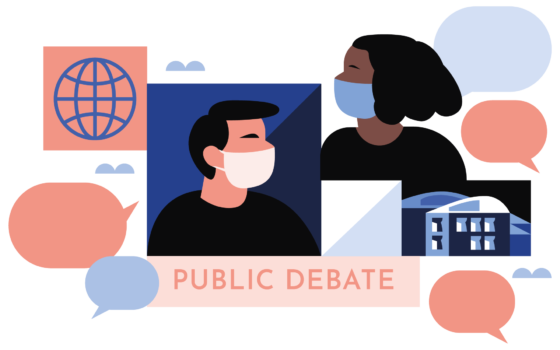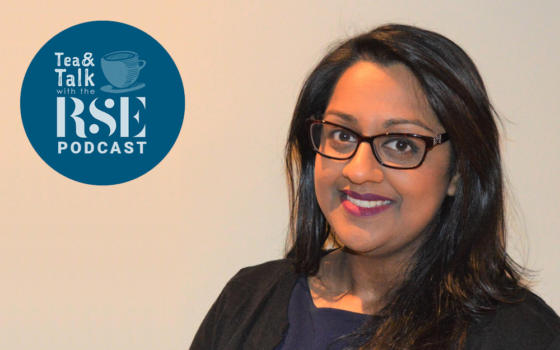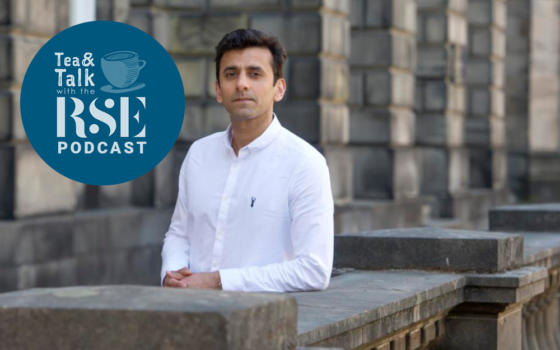Before Covid-19, there was already a crisis of systemic inequality across the world and in Scotland. The pandemic has exacerbated these and those already furthest away from access to power, financial stability and safety are feeling the consequences of it the most.
The data underlining this inequality is stark. On gender equality, The Women’s Budget Group has found that women were twice as likely as men to reduce paid work to cover caring responsibilities and home schooling. It also found that women are disproportionately represented in the sectors economically affected the most, such as hospitality and retail. Women also take on even more risk, this time on health, by their dominance in sectors such as nursing, teaching and social care.
The Scottish government’s Expert Reference Group on Ethnicity and Covid-19 was set up in acknowledgement of the higher levels of risk, symptoms, and death across black, Asian and minority ethnic communities. It has submitted recommendations to Holy-rood for immediate action including improvements to public messaging, mental health support, fair work practices and data collection on BAME peoples’ lives and health impacts.
Inclusion Scotland has found that two thirds of disabled people were struggling to get the food or medicine they needed and those with pre- existing mental health conditions were struggling with social distancing and isolation measures. What all this research by key organisations has in common, is that it has uncovered evidence that left unaddressed, systemic inequality has created an environment where the impact of Covid-19 has spread even further.
The inequality across society has now become too visible to attempt to hide. So visible that local communities have had to step up even more to help each other.
We have a somewhat rose-tinted view of how communities have come together during this pandemic. While it is heartening to see neighbours helping one another, and it has undoubtedly created a deeper sense of community, we must ask ourselves why, in some cases, help was needed to keep food on the table?
This is not simply communities coming together, these are communities forced to act because of pre-existing inequality, caused by decades of political and economic choices which leave people trapped in poverty. Solutions will not be found with short-term or quick-fix policy intervention. Wholesale economic transformation has been long overdue, and it is achieved by the prioritisation of well-being, social care and fair work.
Whether it is linked to reserved policy by Westminster or devolved policy at Holyrood, we can and must do better by delivering an equalities and community focused recovery. We cannot achieve the transformation that society needs by doing politics the way it has always been done.
We need participation pathways for new voices from across a range of sectors to exert influence; we must decentralise the way decisions are made, and create respectful and informed public debate; and we need more robust ways for those who feel the consequences of policy making the most to hold policymakers to account.



